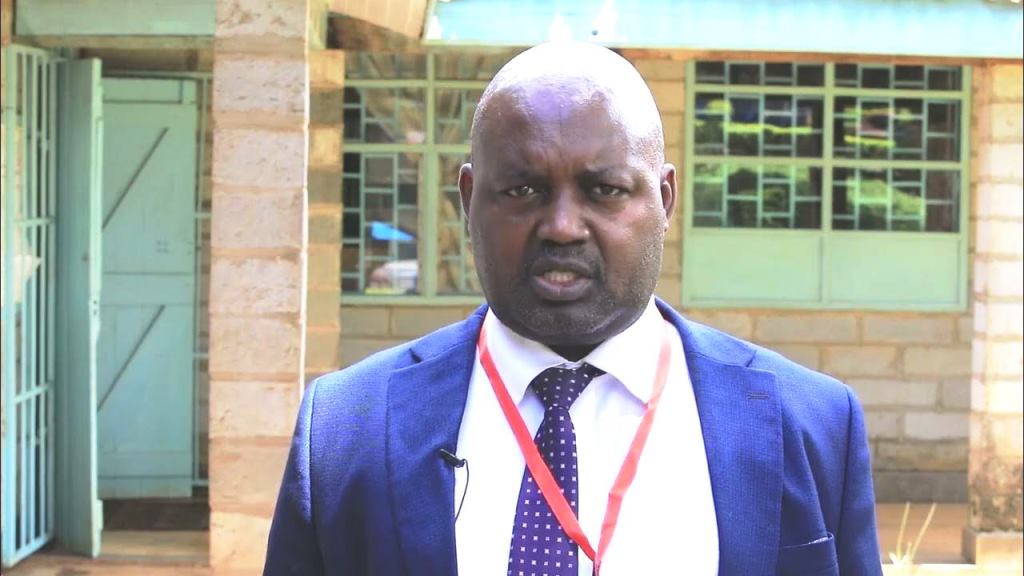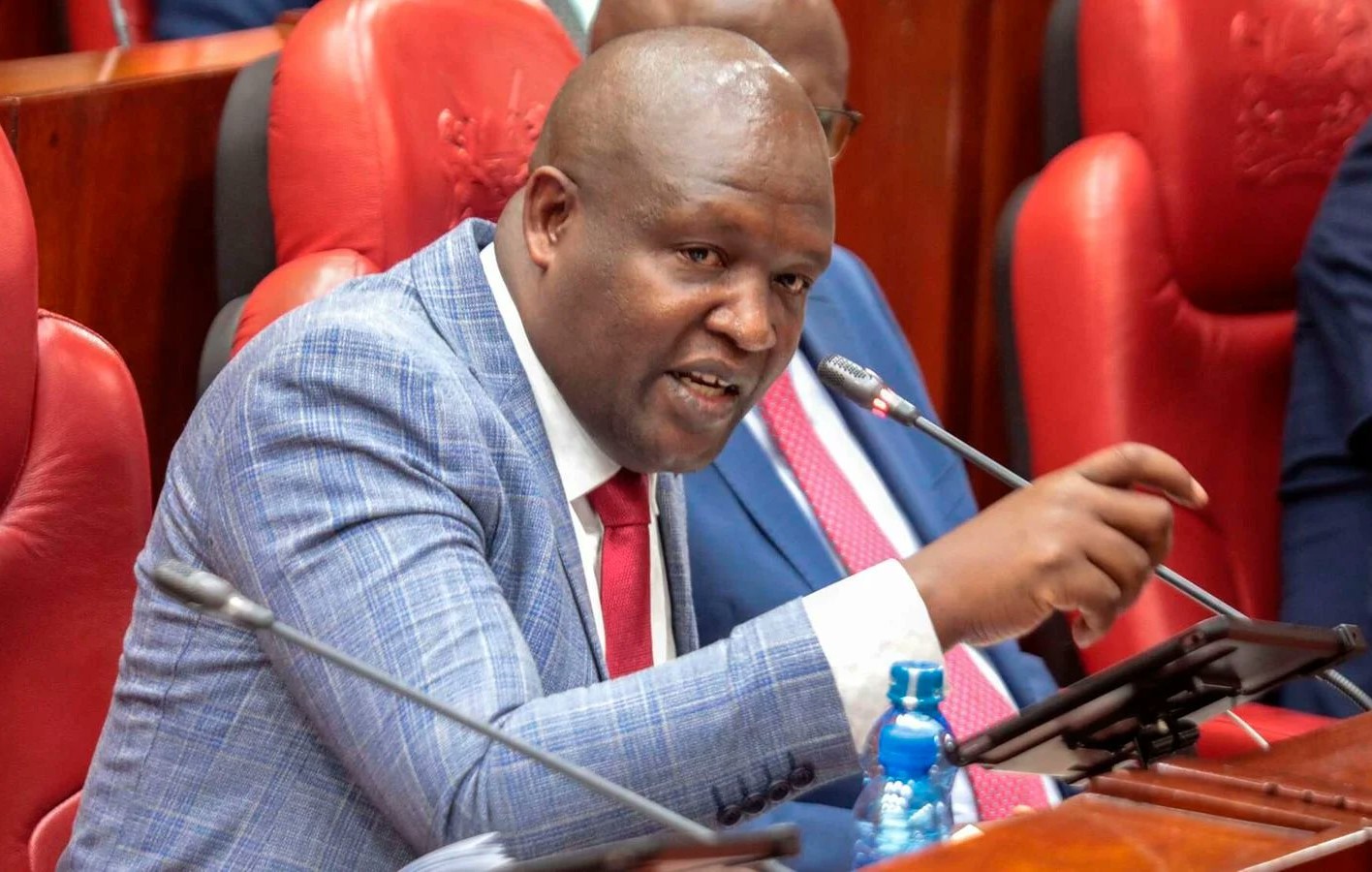By Victor Ochieng’
vochieng.90@gmail.com
Edward Morgan, the British penman sagely said: “As long as learning is connected with earning, as long as certain jobs can only be reached through exams; so we must take this examination system very seriously.” The first step to examination success, is to be in a position to pen appropriate answers, which is the central plank of this piece. Candidates poised for exams should give the following areas critical concentration and attention.
- What is tested in every exam?
Exams test the overall understanding of the syllabus. It explores the scope of what candidates have covered as spelt out in the syllabus. Exams tests the ability to recall facts and ideas in the syllabus. In addition – the ability to marshal, express those facts and ideas – is what is highly needed. KCSE tests high level skills within the Blooms Taxonomy: Knowledge, comprehension, application, analysis, synthesis and evaluation. Areas poorly performed in the previous exams are tested. Exams also comes from Table of Specification (ToS); the Test Blueprint. Or what is commonly known as a-must-come-areas. Exams can come from past papers. Candidates should also be prepared to tackle the unpredictable nature of exams. In a good book titled Everyday Steps to Success, J.M. Thiong’o, a teacher at Alliance Girls argues that exams require: confidence, accurate response, logical arrangement, sequence and unity of thought.
- How do you overcome exam fever, fear, panic and fear?
The perfect antidote to these psychological conditions is nothing but thorough preparation. Ample preparation loosens the rope of tension that seldom tightens. Take a realistic test of the exam. Get to know that a single test cannot determine how life will pan out. The future is hinged on many exams. Try relaxation techniques. As you make your mind focus on pleasant and sweet scenes. Visualise success. See and seize it. Think of how things would look like when you access success. This is in line with the wise words of Napoleon Hill, “Whatever the mind can conceive and believe, it can achieve.” Onfear, Evangelist Reinhard Bonnke postulates in his book titled Evangelism by Fire that: Fear is a paralysing force. Its sign is a minus. Fear is the dark room where people develop negatives. Fears are nothing more than states of the mind. For instance, most doctors hardly fall sick because they don’t fear sickness. F.E.A.R is said to be the acronym of False Evidence Appearing Real. If Hebrews 11:1 says that faith is the substance of things hoped for; the evidence of things not seen; then, among pious people, fear is seen to be the opposite of faith.
- What should you do before exams?
Link relevant concepts. Get fully immersed in the subject you are revising and incline yourself to conceptualisation of content. It is better than just remembering the individual facts. Use multiple senses. Don’t just sit to read. Pen down some brief points you would like to solidify. Discuss with friends, which is a good way to enhance mastery and memory. It is advisable to press the right buttons instead of going heavy on memorising things. Understand the exam layout and format. Some students ignore it. Albeit, it is important to regularly remind oneself on the nature of questions. For students who are pious, it is not advisable to fast during exams. Fit in a meal: It is unwise to eat a heavy a meal immediately before an examination, but it is equally unwise to go with an empty stomach.
- What are the last minute revision tips?
Use revision tools like diagrams to fine-tune final facts. Keep calm and consolidate the existing knowledge rather than trying to learn new topics. Go through summary notes to align important facts. Remain sane and sober. Focus on the exam papers.
- What calibre of candidates annoy examiners?
In the booklet titled Exam Success Tips, churned out by Focus Publishers, Ceasar Peraza, talks about ten calibre of candidates that annoy examiners to a great extent. The first one is the road runner, who does not read the question carefully enough but rushes to answer. The second one is the politician, who may give an answer about how when the answer is why. The third one is the waffler, who spends the examination time writing hogwash and bores the examiner to death. The fourth one is the correspondent, who basically writes notes to the examiner. The fifth one is the clairvoyant, who thinks that the examiner can understand a page of disconnected figures. The sixth one is the collage-maker, who tries to cover two or more pages with meaningless responses. The seventh one is the abbreviator, whose writing is so difficult to read that marking the script takes twice as long as it should be. This is the one that uses sheng slang. The eighth one is the exampler, who doesn’t give a general point but instead, gives a series of examples from which, presumably, s/he expects the examiner to decipher the answers. The ninth one is the tautologist, who answers the question by repeating it: Banks are useful because they are important.
- What should you do during exams?
Carry all that you need in the exam room depending on the subject requirement. Read raft of rules and regulations. Take a realistic view of the test. Sitting for an exam is not a death sentence per se. It is important to crave for peace of mind. Tranquility and marvellous mind mastery boosts its ability plus agility. Being calm and composed is of great essence. Steady your nerves as you take a deep breath. It is also right to say a prayer for grace and peace. It is advisable to arrive in the exam venue quite early. It behooves every candidate to maintain the right sitting posture: Best reading, thinking and writing position. It is important to spend time well on every question: Read and understand them in an in-depth manner. In a minuscule book titled Secrets to Exam Success, Otieno J. posit that it is important to take exam terminologies into critical consideration. It is imperative to form a well-ordered answer in the mind before penning down anything. Essays must be written well. Diagrams and graphs have to be plotted properly. The handwriting has to be neat, tidy and organised. Examiners expect candidates to write legibly – write what is decipherable. Doodling and scribbling irk examiners. Good command of English is needed. Proof-read your work to redact and correct obvious errors.
- What are the don’ts during exams?
In a good booklet titled How to Study, Joseph G. Donders issues a stern warning: During the exam do not stay up to late in the night. It is important to have enough winks of deep sleep. Candidates should avoid over-confidence and under-confidence. Just be confident and composed. Shun exam fear and fever. Do not cram. Avoid cheating in exams: It is lack of academic integrity, which is highly punishable. It can put the whole centre in a problem. As it can lead to cancellation of results. When done with a paper, don’t review your notes on what you wrote as some candidates erroneously do. The focus should be on the next paper. Don’t panic, while revising or when in exam room. Angst, anxiety and tension; should be arrested. Worry is wasteful.
- What should you do after an exam?
Forget about the paper you have just sat for. Do not entertain discussions of papers you have sat for. This might dampen your spirit when you come across a question you missed. It is misguided to be nagged by what you missed. Just be optimistic for peerless performance in the next paper. It is healthy to have ample time to relax a bit before you begin preparing for next papers.
The writer equips candidates with last-minute examination tips.






